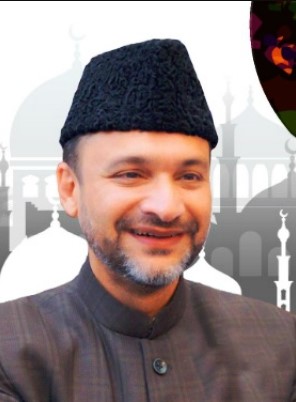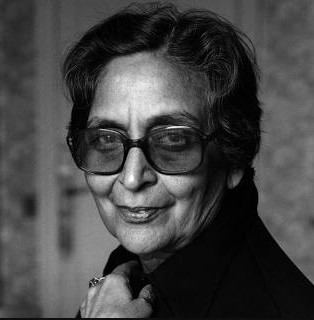Businessworld
June 14, 2025

Vishva Hindu Parishad (VHP) is an international Hindu organization that aims to promote and protect Hindu culture, traditions, and values. Established in 1964, the VHP has played a significant role in the social and political landscape of India. Here is some information about the Vishva Hindu Parishad in a point-to-point format:
1. Formation: The Vishva Hindu Parishad was founded on August 29, 1964, by a group of Hindu saints and leaders, including Swami Chinmayananda, Swami Sivananda Saraswati, and M. S. Golwalkar. It was established as a part of the Sangh Parivar, the family of Hindu nationalist organizations.
2. Ideology: The VHP's ideology is based on the principles of Hindutva, which seeks to define Indian culture and society through Hindu values. The organization aims to protect and promote Hindu interests, uphold Hindu unity, and preserve Hindu culture and traditions.
3. Aims and Objectives: The VHP's primary objectives include the construction and maintenance of Hindu temples, protection of Hindu pilgrim sites, preservation of Hindu rituals and customs, promotion of Hindu education, and propagation of Hindu values.
4. Membership and Structure: The VHP has a vast network of members and volunteers across India and abroad. It has a hierarchical structure, with local units called Kendras, which are further organized into regions and zones. The organization operates under the guidance of its central governing body, the Margdarshak Mandal.
5. Activities: The VHP engages in various activities to fulfill its objectives. It organizes religious gatherings, such as the Kumbh Mela and Ram Navami processions, and promotes religious and cultural events, including lectures, seminars, and exhibitions. The VHP also runs schools, hospitals, and social welfare programs for the upliftment of Hindus.
6. Ram Janmabhoomi Movement: The VHP played a significant role in the Ram Janmabhoomi movement, which sought to reclaim the disputed site in Ayodhya, believed to be the birthplace of Lord Rama. The movement led to the demolition of the Babri Masjid in 1992 and the subsequent construction of the Ram Mandir at the site.
7. Opposition and Controversies: The VHP has faced opposition and criticism from various quarters. Some view it as a divisive organization that promotes a majoritarian agenda and contributes to communal tensions. The organization has been involved in several controversies, including accusations of promoting violence and intolerance.
8. International Presence: The VHP has expanded its activities beyond India and has established branches in several countries worldwide. These international branches work to connect Hindus living abroad, promote Hindu culture, and address issues faced by Hindus in foreign lands.
9. Relations with Political Parties: The VHP shares close ties with the Bharatiya Janata Party (BJP), a major right-wing political party in India. The VHP has been an influential force in shaping the BJP's ideology and agenda, especially on issues related to Hindu nationalism.
10. Legal Status: The VHP is a registered organization under the Societies Registration Act of India. It operates within the legal framework of the country and adheres to its regulations.
11. Affiliated Organizations: The VHP is associated with other Hindu organizations, such as the Rashtriya Swayamsevak Sangh (RSS) and the Bharatiya Kisan Sangh (BKS). These organizations share common objectives and often collaborate on various activities and campaigns.
12. Criticism and Allegations: Critics of the VHP argue that the organization promotes a narrow and exclusionary version of Hinduism, disregarding the diversity and pluralism within the religion. Some have accused the VHP of stoking

June 14, 2025

June 14, 2025

June 14, 2025

June 14, 2025

June 14, 2025

June 14, 2025

June 14, 2025

June 14, 2025

June 14, 2025

June 14, 2025